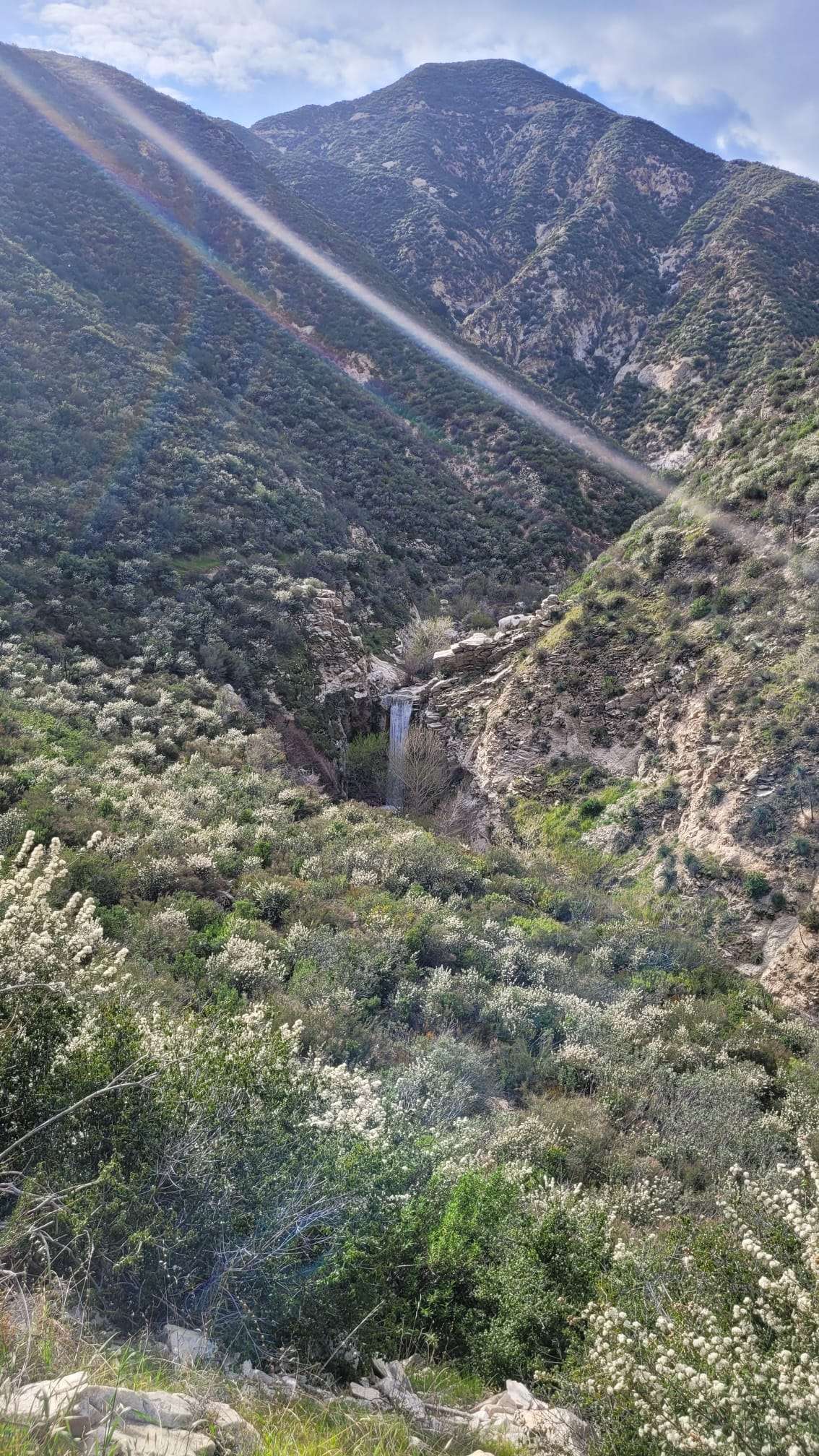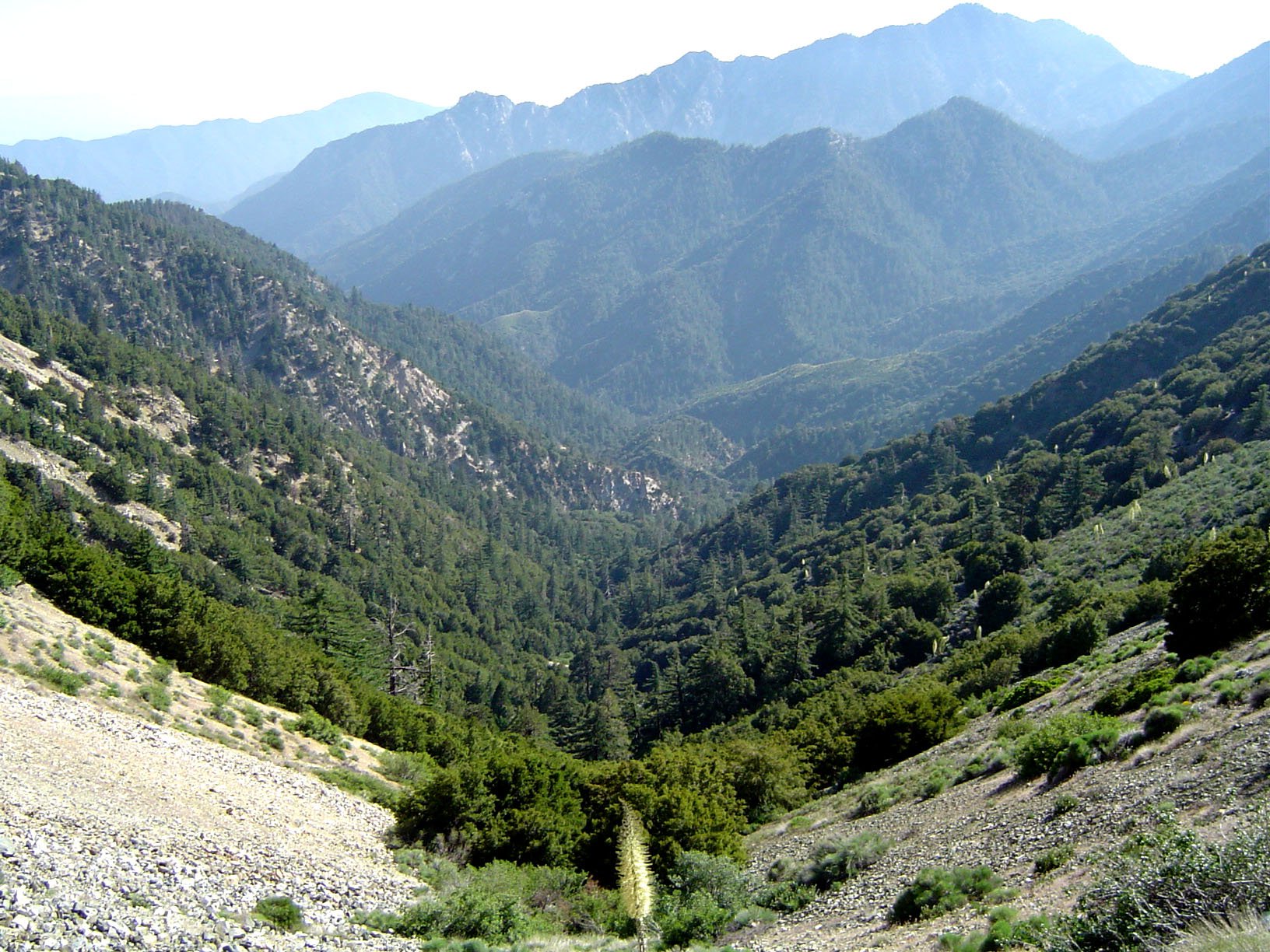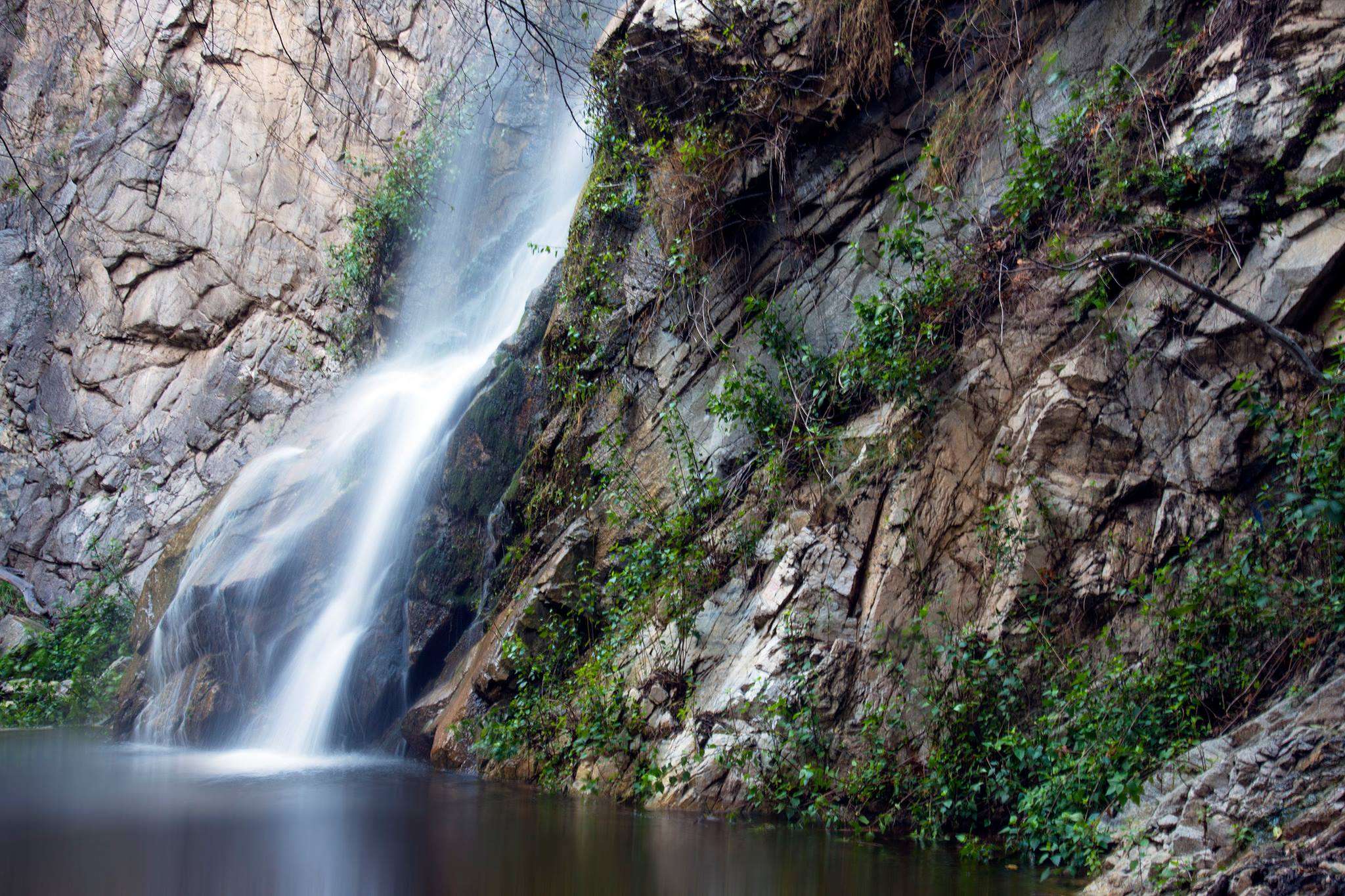The Angeles National Forest, while not hosting a specific Native American Heritage Center, offers a rich tapestry of indigenous history and cultural preservation efforts. This vast forest, spanning over 700,000 acres in Southern California, has been home to various Native American tribes for thousands of years. Today, it serves as a living museum, showcasing the deep-rooted connection between the land and its original inhabitants through natural landmarks, archaeological sites, and nearby cultural institutions.
What Native American Tribes Historically Inhabited the Angeles National Forest?

The Angeles National Forest has been home to several Native American tribes throughout history, including:
- Tongva (Gabrielino)
- Tataviam
- Serrano
- Kitanemuk
These tribes lived in harmony with the land, utilizing its resources for sustenance, medicine, and spiritual practices. Their presence in the area dates back thousands of years, leaving an indelible mark on the landscape and cultural heritage of the region.
How Does the Angeles National Forest Preserve Native American Heritage?

While there isn’t a dedicated Native American Heritage Center within the forest itself, the Angeles National Forest preserves indigenous heritage through various means:
-
Archaeological Sites: The forest contains numerous archaeological sites that provide insights into the lives of ancient Native American inhabitants.
-
Sacred Sites: Many locations within the forest hold spiritual significance for local tribes and are protected as sacred sites.
-
Natural Resource Management: The Forest Service collaborates with local tribes to incorporate traditional ecological knowledge into forest management practices.
-
Interpretive Programs: Rangers and volunteers offer educational programs that highlight Native American history and culture.
-
Cultural Resource Protection: The forest implements measures to protect and preserve cultural artifacts and sites of historical importance.
Where Can Visitors Learn About Native American Culture Near Angeles National Forest?
Although there isn’t a specific heritage center within the forest, several nearby institutions offer in-depth experiences of Native American culture:
Antelope Valley Indian Museum State Historic Park
Located near the Angeles National Forest, this museum provides a comprehensive look at Native American heritage:
- Exhibits: Over 8,000 artifacts from Southwest, Great Basin, and California tribes
- Cultural Programs: Annual Native American Celebration featuring traditional dancing, music, and storytelling
- Guided Tours: Knowledgeable docents offer insights into the exhibits and tribal histories
State Indian Museum
While not directly adjacent to the Angeles National Forest, this museum in Sacramento offers:
- Extensive Collection: Over 700 objects made by California Indians
- Thematic Displays: Exhibits on spiritual activities, daily living, and traditional crafts
- Special Exhibits: Features on specific tribes and historical figures like Ishi, the last of the Yahi Indians
What Native American Events Take Place Near Angeles National Forest?
Several events celebrating Native American culture occur in the vicinity of Angeles National Forest:
- Native American Celebration at Antelope Valley Indian Museum
- When: Third weekend of October annually
- What: Traditional dancing, music, storytelling, arts and crafts
-
Cost: $8 for adults, free for children 12 and under
-
Pow Wows in Los Angeles County
-
Various events throughout the year featuring traditional dances, music, and food
-
Cultural Workshops
- Occasional workshops on traditional crafts, language, and practices offered by local tribal organizations
How Can Visitors Respectfully Experience Native American Culture in Angeles National Forest?
To respectfully engage with Native American heritage in the forest:
- Observe ‘Leave No Trace’ principles to protect archaeological and sacred sites
- Attend ranger-led programs to learn about local indigenous history
- Respect any posted signs or restrictions regarding sacred or protected areas
- Support local Native American artisans and businesses
- Educate yourself about the tribes associated with the area before visiting
What Resources Are Available for Further Learning About Native American Heritage?
For those interested in delving deeper into Native American heritage related to the Angeles National Forest area:
- Books:
- \”The First Angelinos: The Gabrielino Indians of Los Angeles\” by William McCawley
-
\”Toypurina: The Joan of Arc of California\” by Deborah A. Miranda
-
Online Resources:
- Native American Heritage Commission of California website
-
National Park Service American Indian Heritage Month resources
-
Local Tribal Websites:
- Gabrieleno Band of Mission Indians – Kizh Nation
-
Fernandeño Tataviam Band of Mission Indians
-
Museums:
- Southwest Museum of the American Indian (part of the Autry Museum)
- California Indian Museum and Cultural Center
How Does Angeles National Forest Collaborate with Local Tribes?
The Angeles National Forest maintains relationships with local tribes through:
- Consultation: Regular meetings with tribal representatives on land management decisions
- Cultural Resource Management: Collaborative efforts to identify and protect significant sites
- Educational Partnerships: Joint programs to share Native American history and culture with the public
- Traditional Use: Facilitating access for tribes to conduct traditional practices and ceremonies within the forest
While the Angeles National Forest may not have a dedicated Native American Heritage Center, it serves as a vast, living repository of indigenous history and culture. Through its natural landscapes, archaeological sites, and collaborative efforts with local tribes, the forest offers visitors a unique opportunity to connect with the rich Native American heritage of Southern California. By engaging respectfully with these resources and supporting nearby cultural institutions, visitors can gain a deeper appreciation for the enduring legacy of the region’s first inhabitants.

